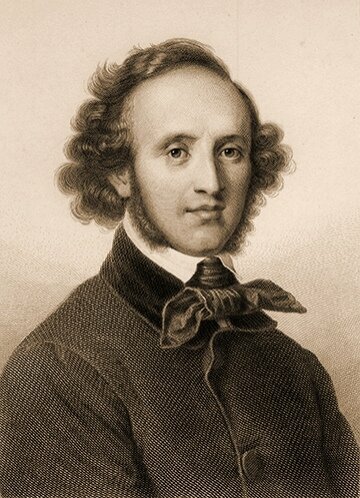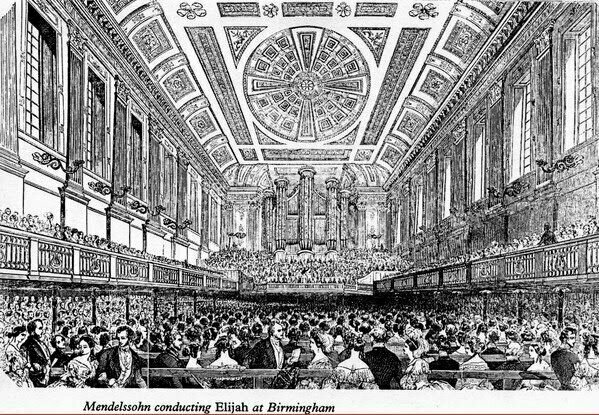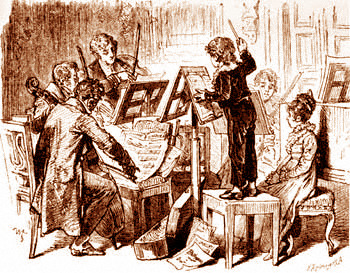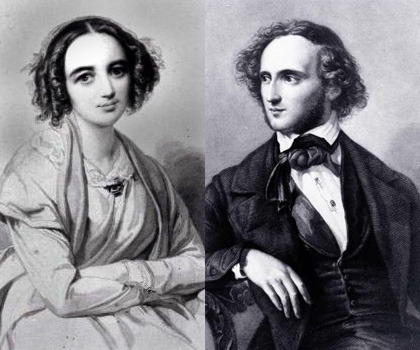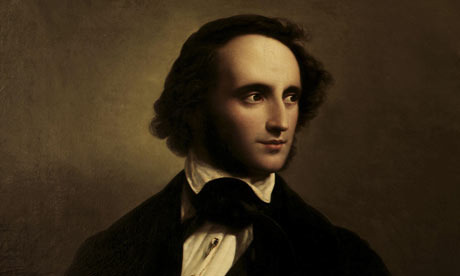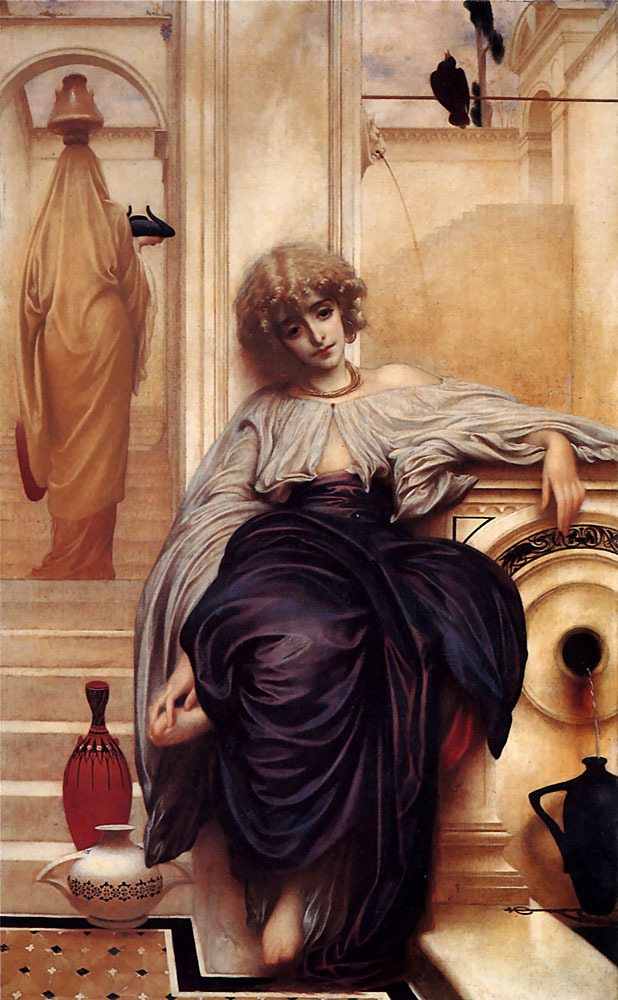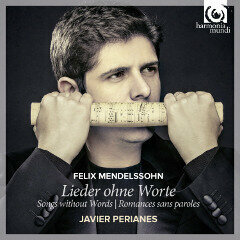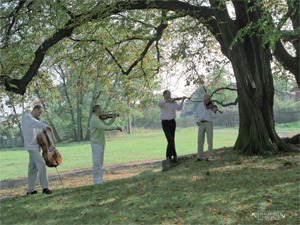By all accounts, March of 1837 was a great month for Felix Mendelssohn! His oratorio St. Paul received enormously successful performances in Leipzig and Boston, and on the 28th of the month he married Cécile Jeanrenaud in the French Reformed
Mendelssohn
The Birmingham Music Festival was founded in 1768 as a charitable event to raise funds for the city’s recently founded General Hospital. Renamed the “Birmingham Triennial Music Festival” in 1784, it subsequently commissioned works by Arthur Sullivan, Max Bruch, Charles
Everybody in the Mendelssohn Berlin household was interested in arts and humanities. The home served as a center for intellectual socializing, political discussions, but also for making music. Felix’s compositions were routinely performed during the “Sunday Music,” and it soon
In his famous Tintern Abbey poem, the English Romantic poet William Wordsworth wrote of his sister Dorothy, Of this fair river; thou my dearest Friend, My dear, dear Friend; and in thy voice I catch The language of my former
“Minors of the Majors” invites you to discover compositions by the great classical composers that for one reason or another have not reached the musical mainstream. Please enjoy, and keep listening!
In our series on Music and Art, we’ve been looking at works of music inspired by works of art. The influence also goes the other way, where works of art have been inspired by music. Felix Mendelssohn (1809-1847) came from
Lieder ohne Worte, Op. 67/2: Allegro leggiero From Mendelssohn: Songs without words (2014) Released by Harmonia Mundi Mendelssohn: Lieder ohne Worte, Op. 67/2: Allegro leggieroThis programme illustrates four essential qualities of the music of Felix Mendelssohn. Music stripped of all
Felix Mendelssohn (1809 — 1847) started writing string quartets at a very early age – always precocious, he composed his String Quartet in E flat major in 1823, when he was just 14 (although it was not published until 50

